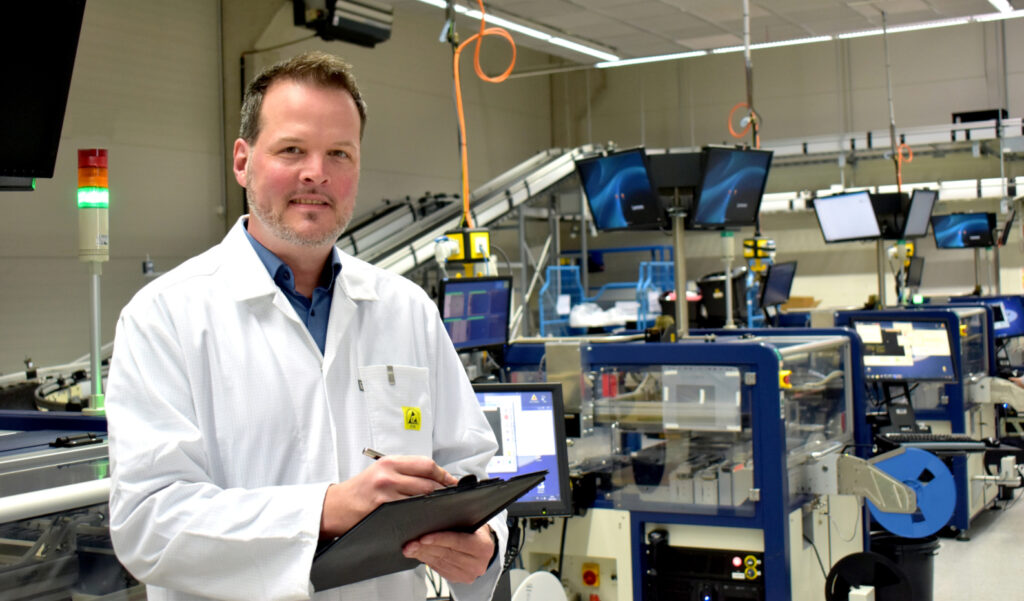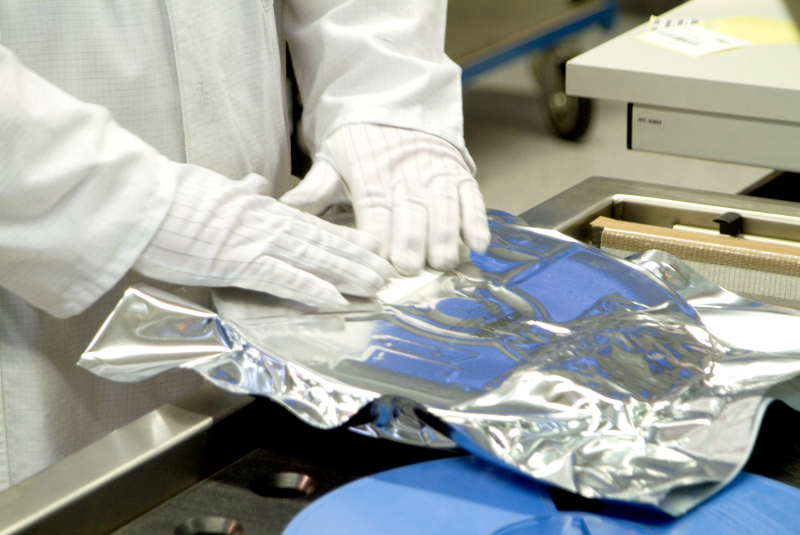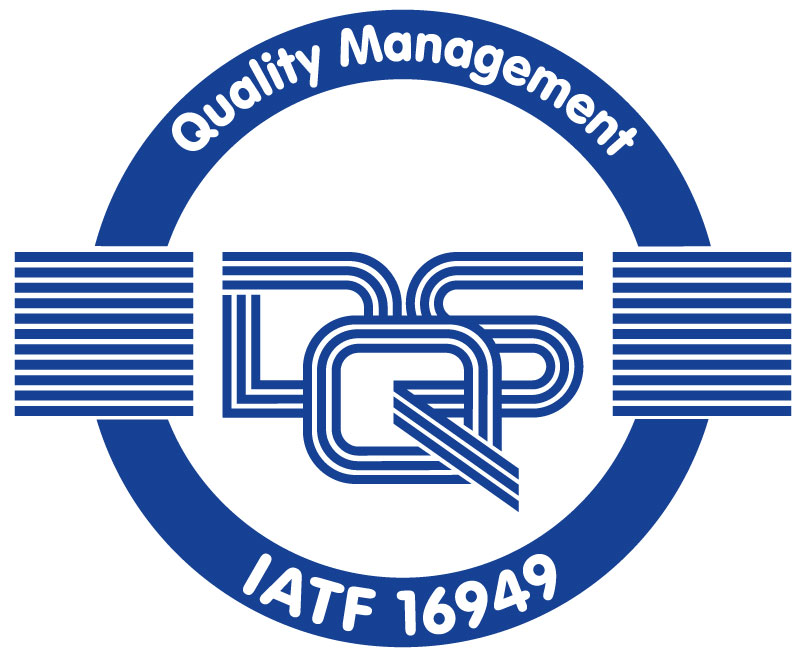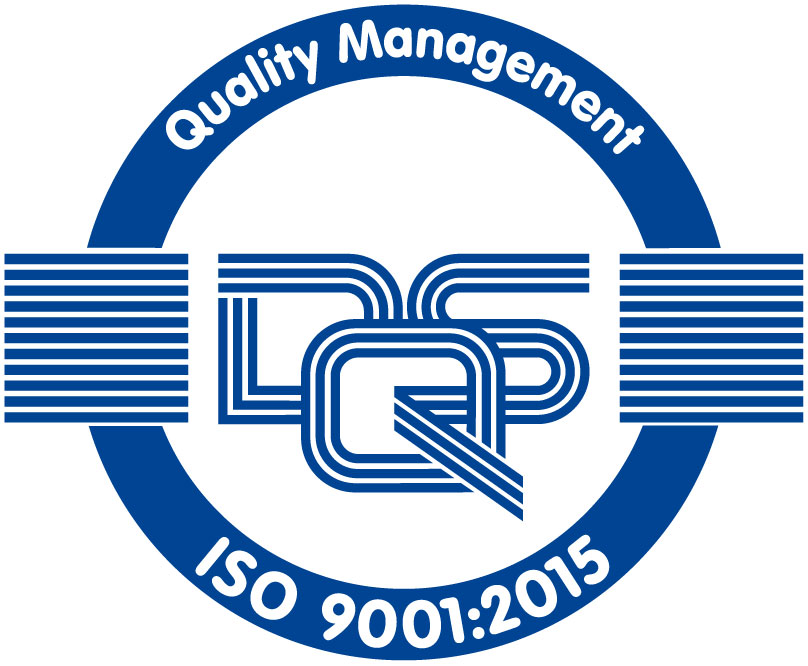
Obsolescence management: “Long-term storage is elementary!”
Markt&Technik Editor-in-Chief Heinz Arnold spoke with Sascha Munsbeck, Head of Production Engineering at btv technologies, about the challenges and opportunities that long-term storage of components offers for obsolescence management.
Market&Technology : In your view, what role does long-term storage of electronic components play in obsolescence management?
Sascha Munsbeck: btv technologies sees long-term storage as an elementary component of obsolescence management, in the future even more so than today. Shorter innovation cycles in semiconductor development as well as the increasing discontinuation of products, long-term supply security for control units and other factors ensure a steadily increasing demand for long-term storage, not only in the automotive industry but also in other industrial sectors.
Which companies typically use long-term storage?
Sascha Munsbeck: Our customer portfolio is broadly diversified in the area of long-term storage. From A, the automotive industry, with which we are in direct contact, to Z, the suppliers of various industries trust btv technologies in the field of obsolescence management.
How does btv first check the condition of the components that customers want to store to make sure they are fully functional before they go into storage?
btv technologies carries out an identity, quantity and integrity check for all incoming goods. Linked to this is the simultaneous recording and management of all traceability data made available. In addition, together with our partner companies, we analyze measures for the preservation of the products entrusted to us for long-term storage. These are coordinated and documented in advance with our customers in the interests of sustainable quality assurance. As a rule, testing for functionality is not carried out and is not required in practice by any of our customers; instead, the focus of safeguarding is on maintaining the material properties.
Markt&Technik: What types of components can be stored?
We have over 20 years of experience with long-term storage of semiconductors, passive components as well as complete assemblies, mainboards and control units. In principle, articles of all kinds can be stored at btv technologies, not only electronic components, but also, for example, connectors, metal parts and other elements.
What processes does btv use to be able to store the electronic components for a longer period of time so that the typical aging processes do not occur and they can work in the target devices for many years?
Preservative storage is carried out according to the specifications and recommendations of our partners, who are laboratories and institutes, each of which has been agreed with the customer in advance. The entire storage process is based on the DIN EN IEC 62435 standard. In this process, ESD-safe moisture protection bags are flooded with nitrogen and the components are then stored in a partial vacuum with the addition of desiccant and an indicator. Due to the shelf life of the outer packaging, a flexible repacking cycle can be agreed with the customer, in the course of which the moisture protection bags incl. of the desiccant and the indicator must be renewed.

What are the typical storage periods?
According to btv technologies’ experience to date, storage periods vary from 12 months to more than 20 years.
How big is the warehouse, how many components can fit?
For 30 years now, btv technologies has been a dynamic service company and is basically oriented towards the requirements and wishes of its customers. To date, we have been able to sustainably meet all the requirements placed on us, not only in terms of capacity, but in all areas, especially in the area of quality.
How and how often is the current condition of the stored components checked?
On the one hand, btv technologies is guided by the recommendations of recognized institutes, on the other hand, desired customer specifications are naturally taken into account. Based on our experience, we now have a testing cycle of approximately two years, which can vary from every six months to no testing in the cycle. At the end of the agreed cycle, the stored and unopened packaging units are sent to our partners. These analyze and compare the current actual condition with the condition at the time of the last storage. The findings are then documented and communicated to customers. In case of deviations, resulting measures are jointly coordinated. Otherwise, the components are repacked and then put back into storage.
What measures are in place to protect the warehouse so that the components can be stored safely for many years?
Of course, we have standard fire protection devices and burglary protection concepts. In order to cover natural hazards, we have qualified, different storage locations, which are constantly monitored by us, taking into account the required criteria. In addition, btv technologies has air-conditioned warehouses as well as a completely ESD-safe warehouse building with authorized personnel control.
Learn more about long-term storage at btv technologies:
Share on the network:




